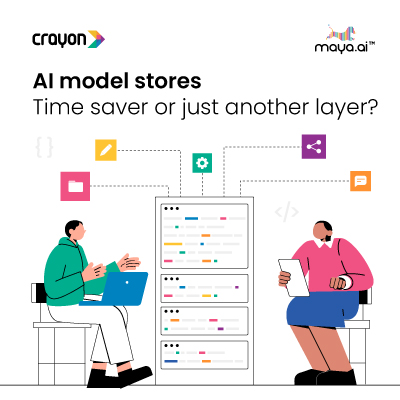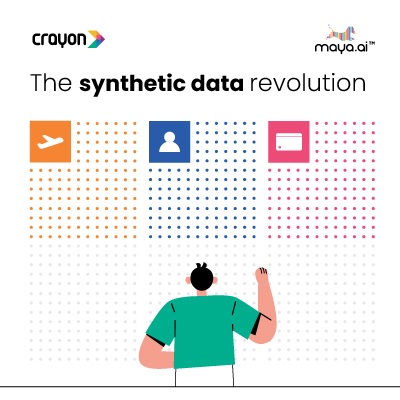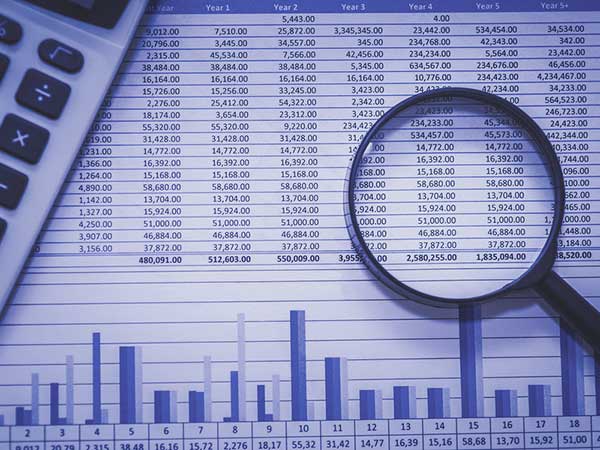The term “Business Intelligence” (BI) was originally coined in 1865 by Richard Millar Devens in the “Cyclopaedia of Commercial and Business Anecdotes” and Devens used it to describe how the banker Sir Henry Furnese gained profit by receiving and acting upon information about his environment. Today, BI represents tools and systems that allow a company to gather, store, access and analyze corporate data to aid in decision-making and strategic planning process. You can read some of the well-known definitions of Business Intelligence below.
Popular definitions of Business Intelligence
1. “The ability to apprehend the interrelationships of presented facts in such a way as to guide action towards a desired goal.” – Hans Peter Luhn, IBM, 1958.
2. “Business Intelligence is a set of methodologies, processes, architectures, and technologies that transform raw data into meaningful and useful information used to enable more effective strategic, tactical, and operational insights and decision-making.” – Forrester Research.
3. “Business intelligence is defined as getting the right information to the right people at the right time. The term encompasses all the capabilities required to turn data into intelligence that everyone in an organization can trust and use for more effective decision making.” – Bogza, R.M., Acad. of Econ. Studies of Bucharest, 2008.
4. “Business intelligence (BI) is an umbrella term that includes the applications, infrastructure and tools, and best practices that enable access to and analysis of information to improve and optimize decisions and performance.” – Gartner, Inc.
5. “a set of concepts, methods, and processes to improve business decisions using information from multiple sources and applying experience and assumptions to develop an accurate understanding of business dynamics.” – Brackett, 1999.
6. “Business intelligence (BI) is a concept which refers to a managerial philosophy and a tool that is used in order to help organisations to man-age and refine information and to make more effective business decisions.” – Ghoshal and Kim, 1986.
7. “The term “Business Intelligence” (BI) denotes integrated approaches to support management in a company and is usually associated with Data Warehouse Systems (DWHs), which provide an integrated, subject-orientated, and non-volatile repository for diverse analytic and reporting applications.” – Heiner Lasi.
8. “Getting the right information to the right people at the right time.” – Bill Cabiró
9. “The ability of an enterprise to act effectively through the exploitation of its human and information resources.” – Larry English
10. “BI consists of two diametrically opposed activities: top-down, metrics-driven reporting, and dash boarding where you know in advance what things you want to monitor, and bottom-up, ad hoc analysis to answer unanticipated questions.” – Wayne Eckerson
11. “Business intelligence (BI) is the use of computing technologies for the identification, discovery and analysis of business data – like sales revenue, products, costs and incomes.” – Techopedia
12. “The term Business Intelligence (BI) refers to technologies, applications and practices for the collection, integration, analysis, and presentation of business information.” – OLAP.com
13. “Business Intelligence is a system that turns data into information and then into knowledge thereby adding substantial value to firm’s decision making processes.” – Loshin, 2003.
14. “Business Intelligence (BI) is a term that defines a set of informatics applications with economical background, used into companies to analyze data in order to transform them into information that will be the base of decisions taken by managers.” – Airinei, D. & Berta, 2012.
15. “The process of gathering and analyzing internal and external business information.” – Okkonen et al., 2002.
16. “BI is an architecture and a collection of integrated operational as well as decision-support Applications and databases that provide the business community easy access to business data.” – Moss & Atre, 2003.
17. “Information to better understand business and to make more informed real-time business decisions.” – Papadopoulos & Kanellis, 2010.
18. “An organized and systematic process by which organizations acquire, analyse, and disseminate information from both internal and external information sources significant for their business activities and for decision-making.” – Lonnqvist & Pirttimaki, 2006.
19. “BI means leveraging information assets within key business processes to achieve improved business performance.” – Williams & Williams, 2007.
20. “Business Intelligence (BI) refers to various solutions for enhancing the overall business performance.” – Wang & Wang, 2008.




















